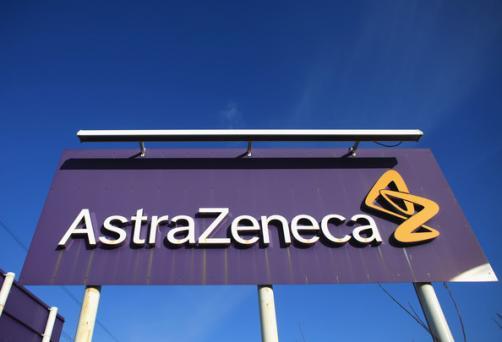FDA approves new heart failure use for AZ's Farxiga

The FDA has approved a new use for AstraZeneca’s Farxiga (dapagliflozin) to reduce risk of cardiovascular death and hospitalisation with heart failure, in adults with reduced ejection fraction heart failure, with or without type 2 diabetes.
AZ is building a metabolic and cardiovascular franchise around Farxiga, which was first approved in type 2 diabetes and was added to the company’s portfolio of drugs after the company bought out Bristol-Myers Squibb’s share of a diabetes joint venture in 2013.
An SGLT-2 class drug, Farxiga has become one of the company’s most important products in terms of sales, generating $407 million in Q1 this year, up 16%.
With this new indication Farxiga has become the first drug in the class to be approved by the FDA to treat patients with heart failure with reduced ejection fraction (HFrEF).
AZ’s big rivals Eli Lilly and Boehringer Ingelheim are also attempting to develop their class competitor Jardiance (empagliflozin) to prevent heart failure, but suffered a setback in December when the drug failed to improve exercise ability in two phase 3 studies.
Approval for Farxiga was based on positive results from the phase 3 DAPA-HF trial, which showed Farxiga achieved a statistically significant and clinically meaningful reduction of death or hospitalisation for heart failure compared with placebo.
DAPA-HF trial showed that Farxiga, in addition to standard of care, reduced the risk of the composite outcome of CV death or the worsening of HF versus placebo by 26% in patients with HFrEF.
During the trial duration, one CV death or hospitalisation for HF or an urgent visit associated with HF could be avoided for every 21 patients treated with Farxiga.
The FDA had granted a faster priority review in January, where the regulator committed to making a decision within six months.
In October the FDA approved Farxiga to reduce risk of hospitalisation for heart failure in adults with type 2 diabetes and established cardiovascular disease or multiple cardiovascular risk factors.
The FDA is also evaluating data from the phase 3 DAPA-CKD trial, which tested the drug in chronic kidney disease and was stopped early because of efficacy.
AZ is also developing Farxiga in heart failure patients with reduced ejection fraction.
There is a potential threat of generic competition for Farxiga in the US – the FDA has tentatively approved a cheaper copy but it is unable to launch until a patent dispute is resolved in courts.













